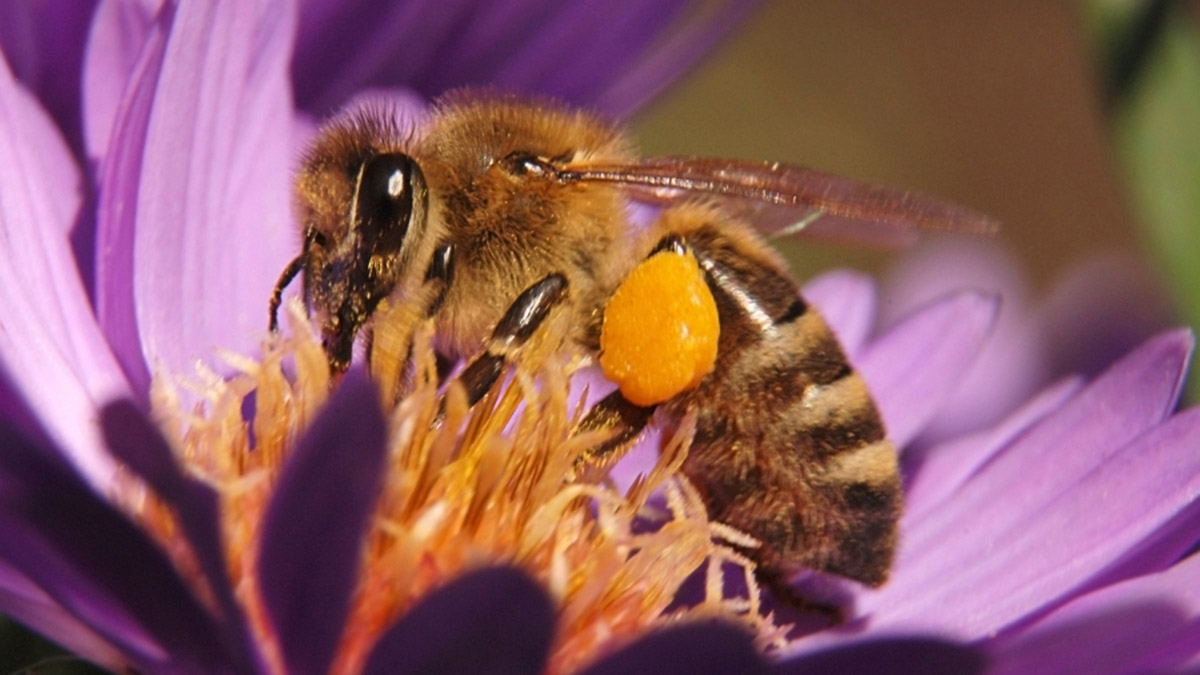As homeowners and garden enthusiasts, we often seek ways to cultivate beautiful outdoor spaces that are enjoyable for family and friends. However, with the beauty of a blooming garden sometimes come the challenges of unwanted visitors, including bees. The question often arises: what plants repel bees? In this guide, we will explore various plants that deter bees, explore effective strategies to manage bee presence in your garden, and consider planting alternatives.
Understanding why bees are attracted to certain plants can help us select alternatives that do not promote their presence. Moreover, by learning about the essential role that bees play in our ecosystem, we can better appreciate the significance of our gardening choices.

Why Bees Are Attracted to Certain Plants
Bees are primarily attracted to flowers that provide nectar and pollen. Flowers that are brightly colored and have a sweet fragrance are likely to attract these buzzing insects. Commonly planted flowers such as sunflowers, zinnias, and wildflowers draw bees due to their vibrant colors and rich sources of nectar.
While bees play a crucial role in pollination, there are reasons you may want to keep them away from your garden. Allergies and fears of stings often lead individuals to seek out plants that deter bees.

Plants That Help Repel Bees
When searching for answers to what plants repel bees, several options come to mind. Below are some effective plants known for their deterrent properties:
1. Mint
Mint, particularly its varieties such as peppermint and spearmint, is known for its strong scent, which many insects, including bees, dislike. Planting mint pots in your garden can be a natural way to keep bees at bay. Additionally, mint can be added to a variety of dishes, making it a practical choice for any gardener.
For more insight on the repellent properties of mint, read this article on what does mint repel.
2. Basil
Basil is not just a beloved culinary herb; it is also effective at repelling bees. The strong scent emitted from basil plants is unappealing to bees. Moreover, basil is a great addition to your kitchen, providing fresh leaves for your favorite dishes.
3. Eucalyptus
Eucalyptus plants can help keep bees away due to their potent aroma. Planting eucalyptus in your backyard can create a lovely ambiance while serving the purpose of repelling unwanted insects.
4. Wormwood
This plant produces a strong, aromatic smell that is known to deter bees and various other pests. Wormwood is a hardy perennial that can integrate well into many gardens.
5. Marigold
Marigolds are vibrant flowers known for their ability to repel certain bugs, including bees. Not only do they brighten up your garden, but they also help protect other plants.

Creating a Bee-Friendly Garden without Attracting Bees
While many gardeners want to keep bees away, it is essential to consider their role in pollination and the overall ecosystem. To strike a balance, you can still create a landscape that minimizes bee attraction while supporting other beneficial wildlife.
Implementing these strategies might include:
- Choosing non-flowering plants: Opt for foliage plants that do not produce flowers.
- Strategic planting: Arrange your garden so that fragrant or flowering plants are further away from patios and outdoor living spaces.
- Timing plantings: Consider planting more attractive flowers later in the season when bee activity wanes.

Check Out These Related Articles
For more tips on keeping pests away from your garden, you might find these articles valuable:
Frequently Asked Questions
1. Are there any natural methods to repel bees other than plants?
Yes, apart from plants, you can also use natural repellents like essential oils (peppermint, eucalyptus, etc.) to discourage bee activity.
2. Do all plants repel bees?
No, not all plants repel bees. Generally, herbs with strong scents are more effective at keeping them away than flowering plants.
3. Will repelling bees harm the environment?
It depends on the methods used. Opting for natural repellents and safe plant options ensures minimal environmental impact.
As an Amazon Associate, I earn from qualifying purchases.
As an Amazon Associate, I earn from qualifying purchases.
